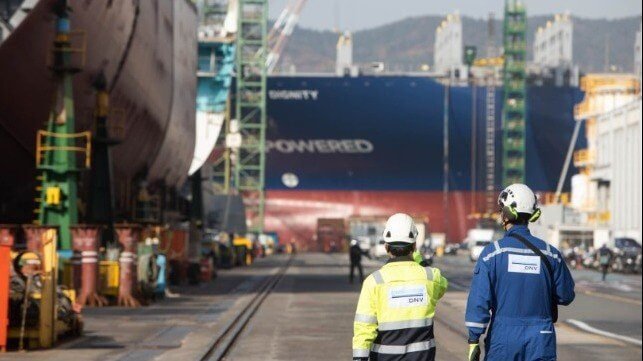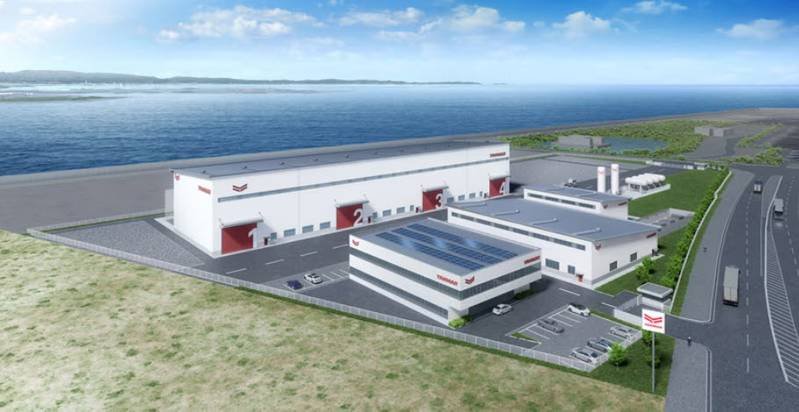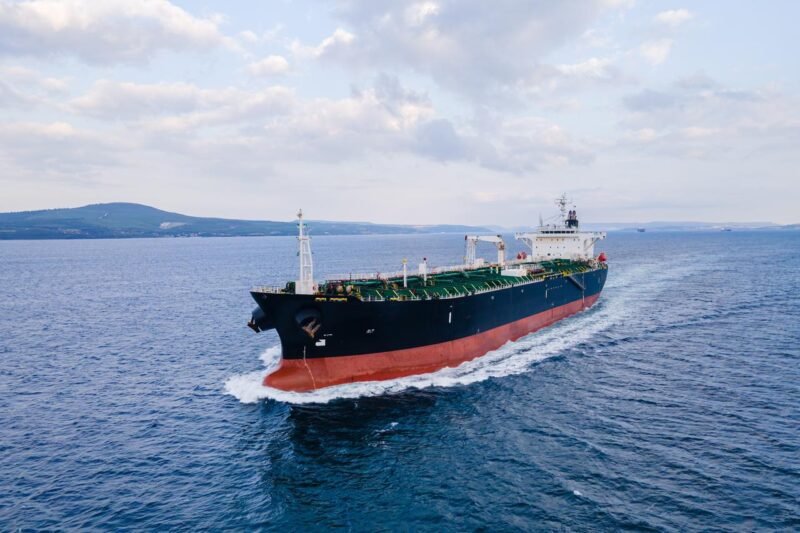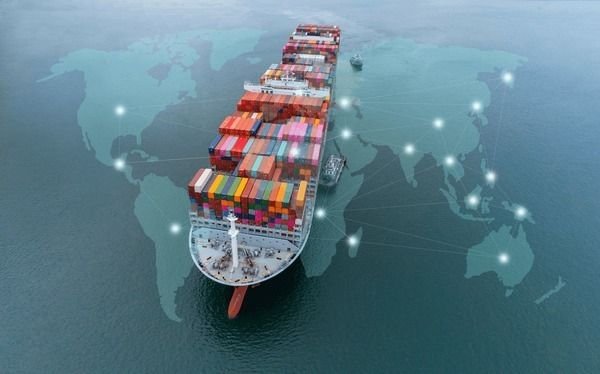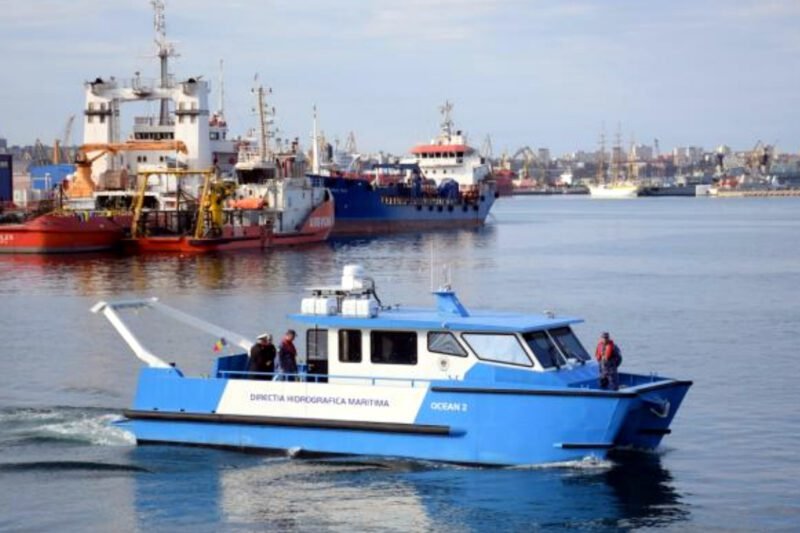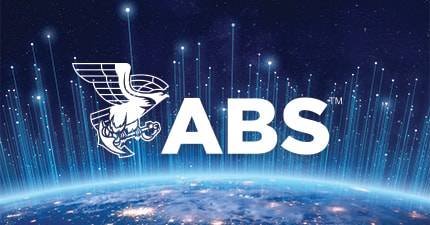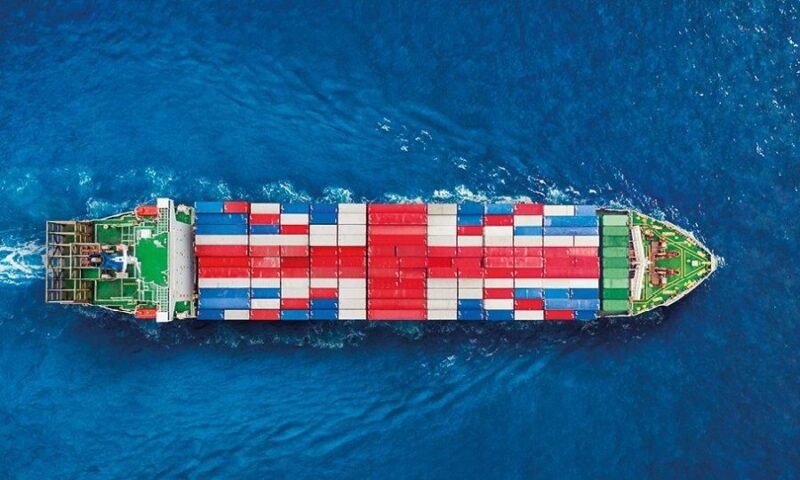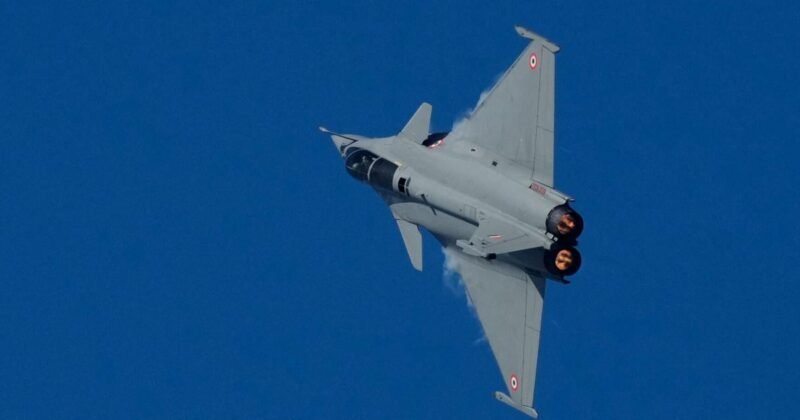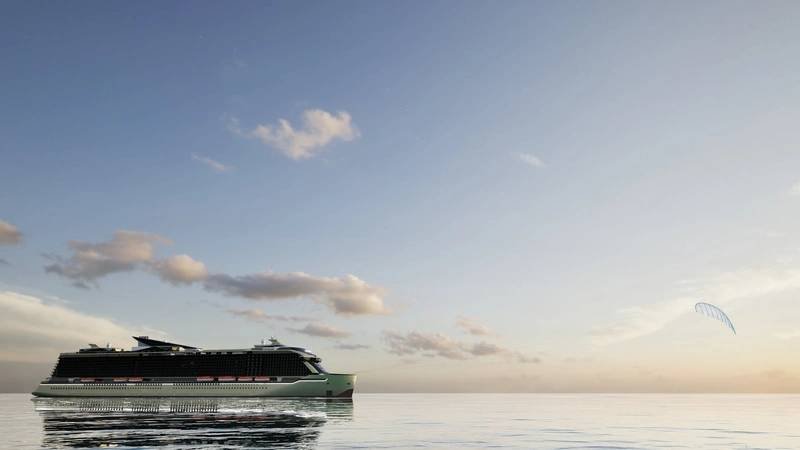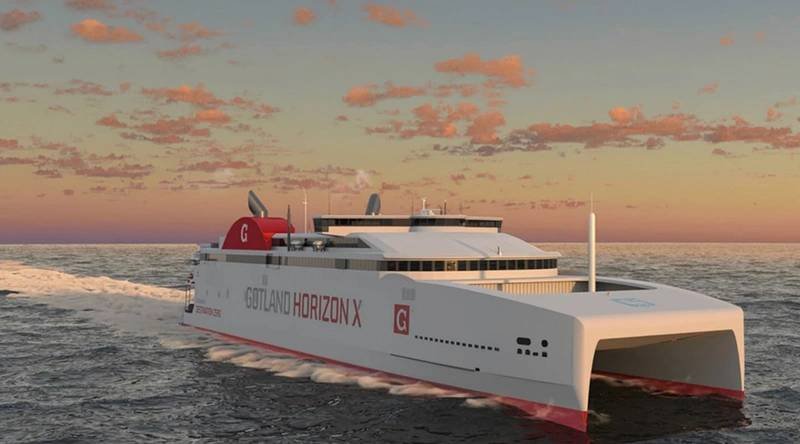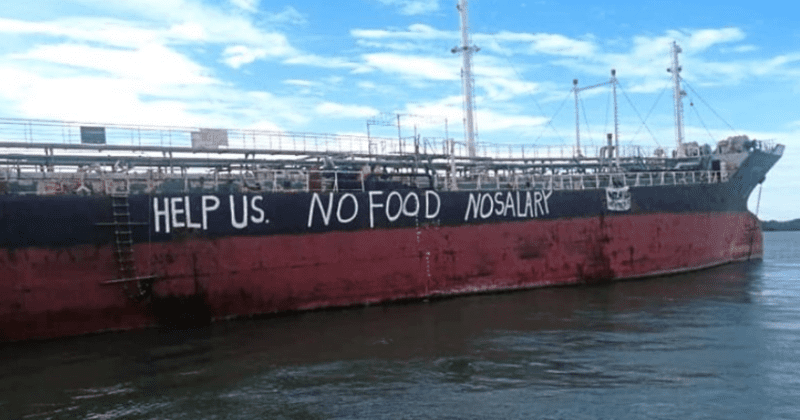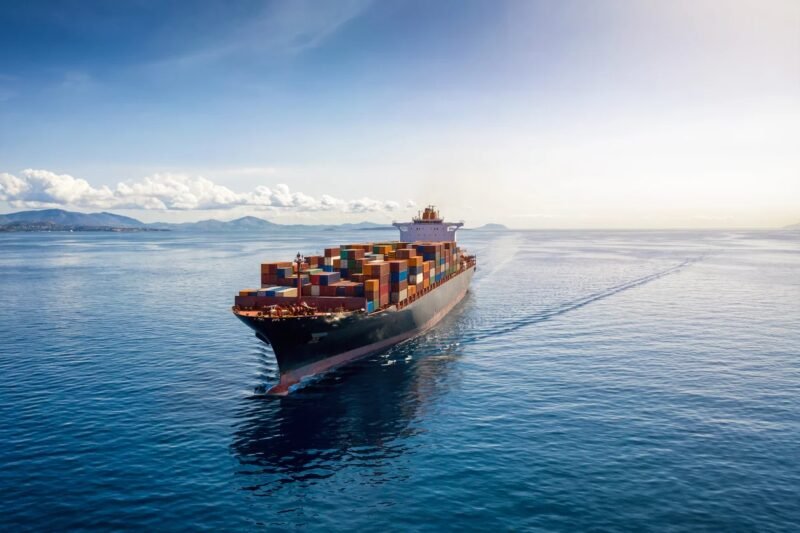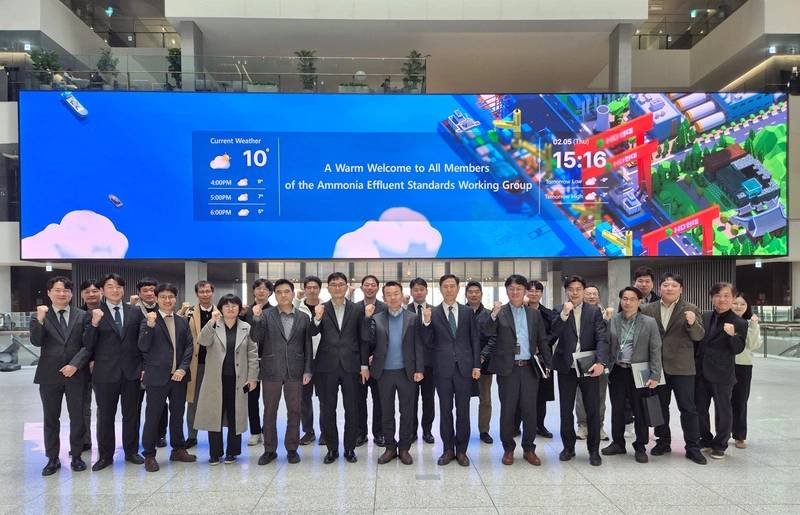DNV, a leading classification society, has recently updated its rules for the classification of ships and offshore structures. These updates include rules that support the development and implementation of decarbonization technologies. The new in-operation class notations aim to provide clarity on the responsibilities of class customers regarding notations that have a combination of design and operational requirements.
Geir Dugstad, DNV Maritime’s Global Technical Director, highlighted the diverse challenges and opportunities in the maritime industry where customers seek classification support. The industry is exploring new fuels, efficiency demonstrations, new vessel types, and advanced technologies like on-board carbon capture. With the introduction of in-operation notations, DNV has created a classification framework that allows owners and operators to showcase their differentiation in the market through advanced procedures and reporting processes.
The updated rules also focus on promoting innovation in the shipping industry while enhancing safety. DNV has introduced two new class notations, Gas fuelled hydrogen and OCCS (carbon capture and storage on board vessels). These notations address the potential of hydrogen as a zero-carbon fuel and the trial of onboard carbon capture and storage systems to reduce emissions and enhance sustainability. Other highlights of the new rules include requirements for boil-off gas systems, live fish transport, stability pontoons, and service notations for floating spaceports and vessels transporting electrical vehicles. The new rules will come into effect on January 1st, 2025.


